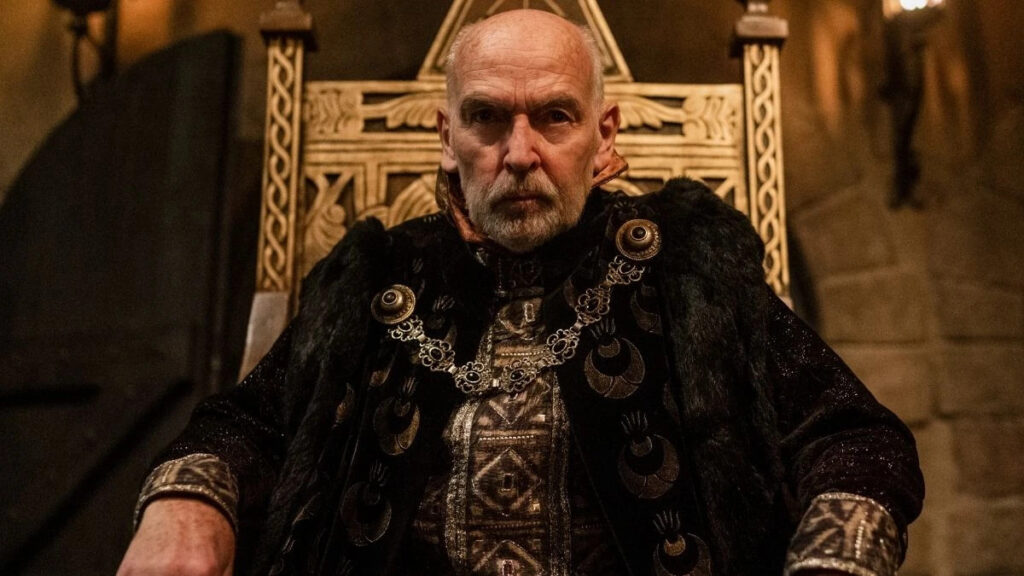England’s Worst King? Probably

‘The Unready’ nickname comes from the Old English, Unræd, and means not that he was unprepared but that he was ill-advised. It is a play on his Christian name, which means ‘noble counsel’. The people of England always preferred to place the blame for the calamities that befell them through Æthelred’s long reign on the men around the king rather than the king himself. Æthelred, ever one to pass the buck, was likely all too happy to allow his councillors to take the blame. He even managed to escape the blame for how he came to the throne in the first place.
On the death of his father, Edgar the Peaceful, in 975, Æthelred’s elder half brother, Edward, took the throne. Edward reigned for three years until he made the mistake of going to visit Æthelred, his half brother, and his step mother, Queen Ælfthryth, at Corfe Castle, their stronghold in Dorset. When Edward arrived, he was greeted respectfully by Æthelred’s men but then, before the king could dismount, they grabbed his arms, immobilising him, and stabbed Edward to death.
Æthelred was only ten, so he was not held responsible for Edward’s murder. With no other princes available, Æthelred became king, ruling first with the support of a council of leading men and his formidable mother.
The early years of Æthelred’s reign saw considerable reform and, indeed, if left in peace he might have gone down in history as a good king save for the circumstances of his taking the throne. But Æthelred was not to be left in peace.
After a hundred years of peace, the Vikings were back.
A major Viking fleet appeared in 991 and defeated an English army near Maldon. Showing that the English, even then, liked nothing better than glorifying a valiant defeat, the battle was commemorated in the Old English poem ‘The Battle of Maldon’, which tells how the liege men of Byrhtnoth decided to fight to the death alongside their fallen lord rather than flee the fight.
One defeat was enough. Æthelred paid off the Vikings. This first time, the cost of peace was 10,000 pounds. The Danes took the money and then returned for more next year and the year after. Second time round, the cost had risen to 22,000 pounds of gold and silver. The third time, it was 24,000 pounds. The fourth, 36,000 pounds. The fifth, 48,000 poounds.
Æthelred had inherited the most efficient tax-gathering government in Europe, and he set about milking the realm to pay off the Danes. But where others before him had paid Viking fleets to buy time, Æthelred and his advisers appeared to have no other strategy: Æthelred never once faced the Vikings in battle.
What he did do was enter an alliance with Duke Richard of Normandy to try to deny Viking fleets safe harbour across the Channel: to cement the alliance, the recently widowed Æthelred married the duke’s sister, Emma, starting the relationship with Normandy that would play out, two generations later, in the second conquest of England.
It was the second conquest, because by 1013, the English were a thoroughly demoralized people, ripe for invasion, and King Swein Forkbeard of Denmark duly obliged. Æthelred fled into exile. But then, on 3 February 1014, Swein Forkbeard, with the country beneath his whiskers, died of natural causes.
Æthelred returned, promising to rule better, but the murder of two earls by his favoured councilor, Eadric Streona, showed that nothing had changed. Swein’s son, Cnut, returned at the head of a new invasion fleet and Æthelred finally did something for his country: he died, leaving his son, Edmund Ironside to lead the fight against Cnut.
0 Comments